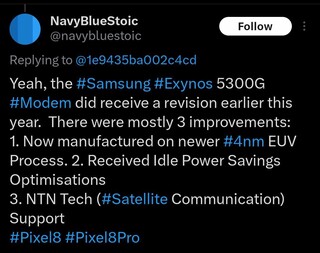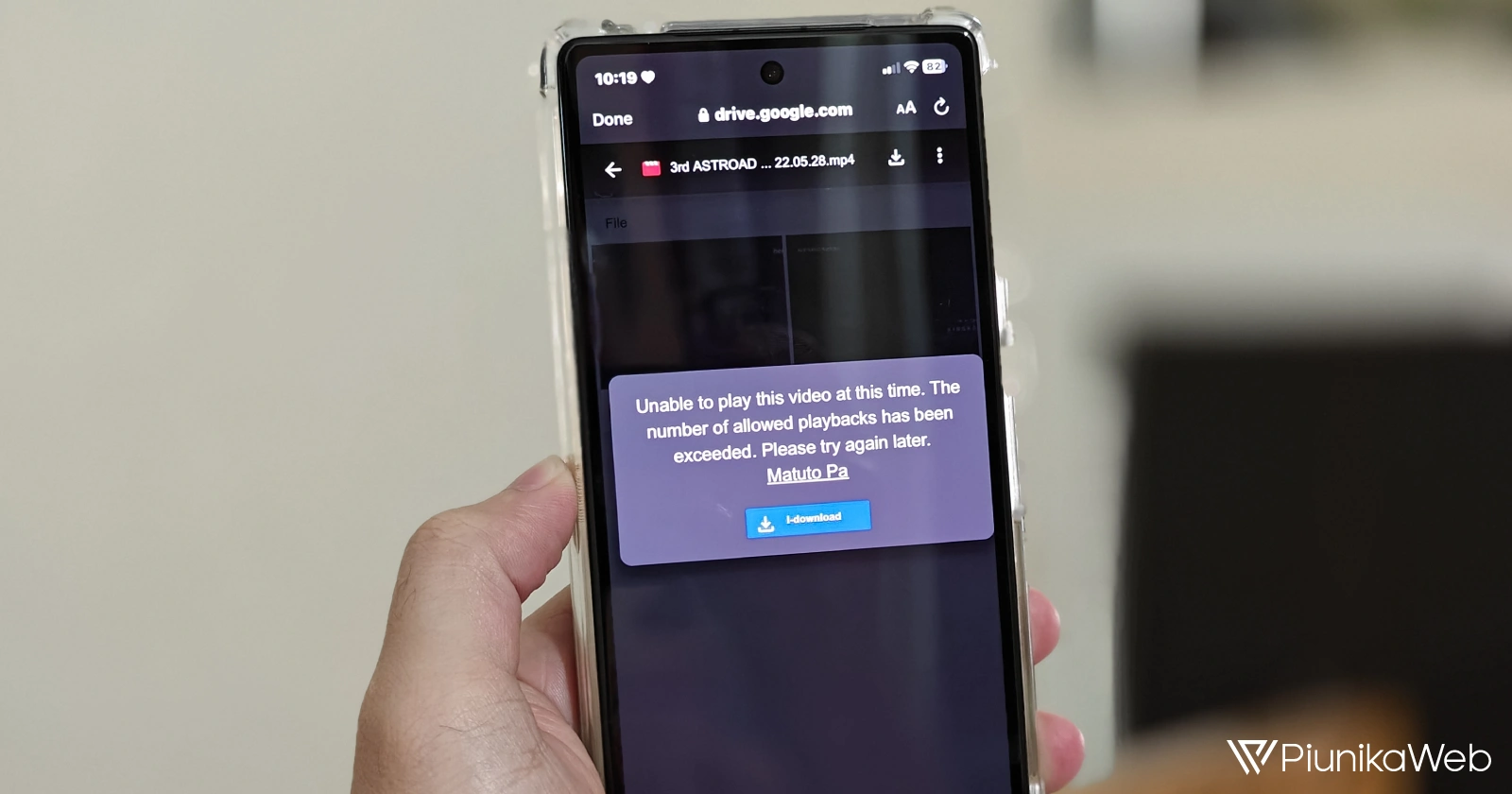Here’s the crux of the article in video form:
The last couple of Google Pixel phones generations don’t have the best reputation regarding mobile signal reliability. Here we have covered numerous cases of mobile network drops and battery drain related to signal issues on the Pixel 6 and Pixel 7 series (1, 2, 3, 4).
The background indicates that these issues began since Google replaced Qualcomm modems with Samsung Exynos modems in their mobile devices. The latest Google Pixel phone that used a Qualcomm modem was the Pixel 5, whose good battery life and network reliability were praised.
A long history of modem-related issues since Google Pixel 6 series
That said, although users were demanding substantial improvements regarding modem quality for future generation Pixel phones, it is possible that similar issues will continue to occur in the upcoming Google Pixel 8 series. Read on to find out why.
Severe modem-related problems on Google phones began to emerge consistently after the Pixel 6 series launch. These mobile devices debuted the Google Tensor, a chipset based on Exynos designs, but customized by the company. Exynos chipsets include a baseband with Samsung Exynos modems, being the Exynos 5123 in this case.
Months later, after many reports about poor performance of the Pixel 6 series modem, people expected a notable improvement for the next generation. Leaks about the Google Pixel 7 series mentioned a new Exynos 5300 modem for the Tensor G2 chipset, which ‘excited’ previously disappointed users. Sadly, although the new modem was theoretically better, mobile network-related issues also plagued the Pixel 7 series.
Network-related issues not only cause unreliable mobile connectivity, but also lead to other equally or more annoying problems. For example, for many months there have been reports of overheating and battery drain (when using the phone or leaving it idle). Of course, the combination of these problems can make the user experience quite frustrating.
Furthermore, although many users were waiting for a fix through updates, it never arrived. Sadly, this is normal when the root of the issue is hardware and not software.
Google Pixel 8 series modem would make things better, but not perfect
That said, one of the priority improvements demanded by fans for the future Google Pixel 8 series is a definitive fix to the modem issues. But, although the experience may improve, it seems that users will not receive exactly what they expect.
Recent Google Pixel 8 series leaks claim that the new Tensor G3 chipset will maintain the same Exynos 5300 modem. That is, it would keep the same modem base design that has been causing so many problems in the Pixel 7 series during the last year.
Of course, this has not been well received by fans who were eagerly awaiting substantial improvements in the mobile network reliability section. Several potential buyers fear they will continue experiencing mobile signal or network issues in the future Pixel 8 series also due to keeping the same modem as the previous generation.
However, there is still a ‘light of hope’ that would change things, as another recent leak claims that the Pixel 8 series will use a ‘revised’ Exynos 5300 modem.

According to the leak, this revised version has three main improvements:
- 1. Newer 4 nm EUV process
- 2. Idle power savings optimizations
- 3. Satellite communication support
If the leak is true, it means that Google will try to address two of the main problems reported on the Google Pixel 7 modem. The more modern 4 nm EUV process will result in better energy efficiency, which could mitigate overheating and battery drain. On the other hand, the idle power savings optimizations sound promising to solve mobile network excessive battery consumption when you are not using the phone.
Also, the Tensor G3 chipset will now be manufactured in a 4 nm process (5 nm in the current Tensor G2), which in itself should already improve the power efficiency of the entire SoC.
But, it is notable that the leaked list of improvements did not include anything related to signal coverage quality and stability. Therefore, there is a possibility that signal drops or coverage issues are still present.
Conclusion
Although maintaining the same criticized Exynos 5300 modem in the future Tensor G3 chip of the Google Pixel 8 series seems discouraging news, it is possible that there will be improvements, especially in the battery consumption and overheating sections. This would be achieved thanks to a more advanced manufacturing process and mobile network optimizations for when the phone is idle.
But, the lack of mention of any mobile network quality and reliability improvement in the latest leak suggests that future users of the Google Pixel 8 series would continue to experience subpar mobile connectivity.
For now, we just can hope that Google has solved all the modem problems that have been affecting many Pixel phone users for a long time. And so, all the reports of overheating, battery drain due to mobile network and signal drops remain a thing of the past.
PiunikaWeb started as purely an investigative tech journalism website with main focus on ‘breaking’ or ‘exclusive’ news. In no time, our stories got picked up by the likes of Forbes, Foxnews, Gizmodo, TechCrunch, Engadget, The Verge, Macrumors, and many others. Want to know more about us? Head here.


